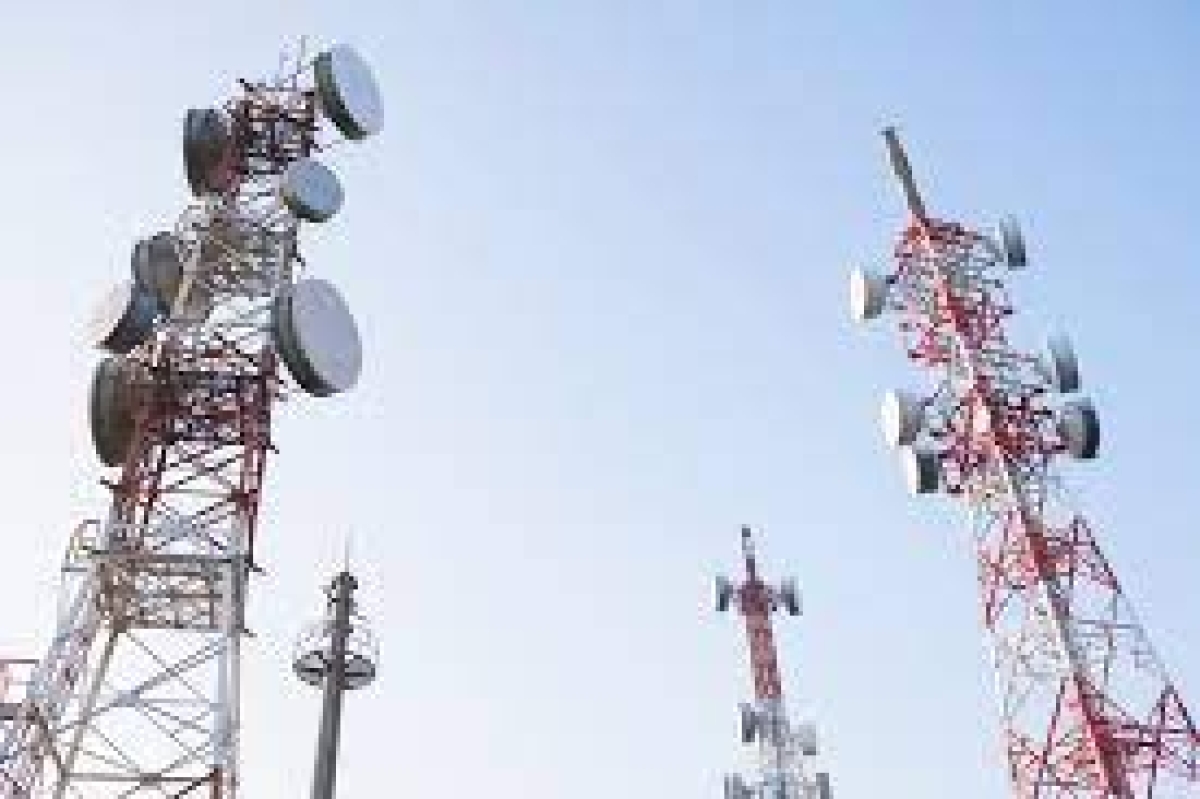In a recent comprehensive analysis conducted by Opensignal, Sri Lanka's mobile network experience has been found to be comparatively subpar when assessed against its South Asian counterparts. The study encompassed six of the most populous countries in the region, including Afghanistan, Bangladesh, India, Nepal, Pakistan, and Sri Lanka, and unveiled noteworthy disparities in mobile network performance.
While India emerged as the frontrunner, boasting an impressive average download speed of 41.7 Mbps, Sri Lanka found itself trailing behind with an average download speed of a mere 11.4 Mbps. This substantial gap in download speeds sheds light on the challenges faced by mobile users in Sri Lanka in accessing online content, streaming videos, and performing day-to-day online tasks efficiently.
In the realm of live video streaming, India once again led the pack, securing a "Very Good" rating of 53.6 out of 100 points. However, Sri Lanka's rating slipped into the "Fair" category, scoring 33.6 points. This disparity implies that Sri Lankan users often encounter hurdles while streaming live videos, including extended loading times, frequent interruptions, and a notable live offset.
Furthermore, the analysis delved into the experience of multiplayer mobile gaming, indicating that all South Asian countries, including Sri Lanka, have room for improvement. Despite India's top ranking in this category with a score of 63.1 out of 100, it still fell within the "Poor" Games Experience rating, implying that a considerable number of users found the gaming quality to be suboptimal. This often resulted in delays during gameplay, lag in feedback, and an overall diminished sense of control.
The performance disparities in mobile network experiences can be attributed, in part, to the reliance on varying network generations across the region. Afghanistan and Nepal predominantly rely on older 2G and 3G networks, which offer limited capabilities compared to the more efficient 4G and 5G networks. In contrast, India primarily utilizes the latter, contributing to its superior network performance. Notably, in Sri Lanka, users spend a mere 5.8% of their time connected to 3G networks, further underscoring the nation's transition to advanced mobile network technologies.
These findings emphasize the importance of improving and modernizing Sri Lanka's mobile network infrastructure to align with the demands of today's digital age.










